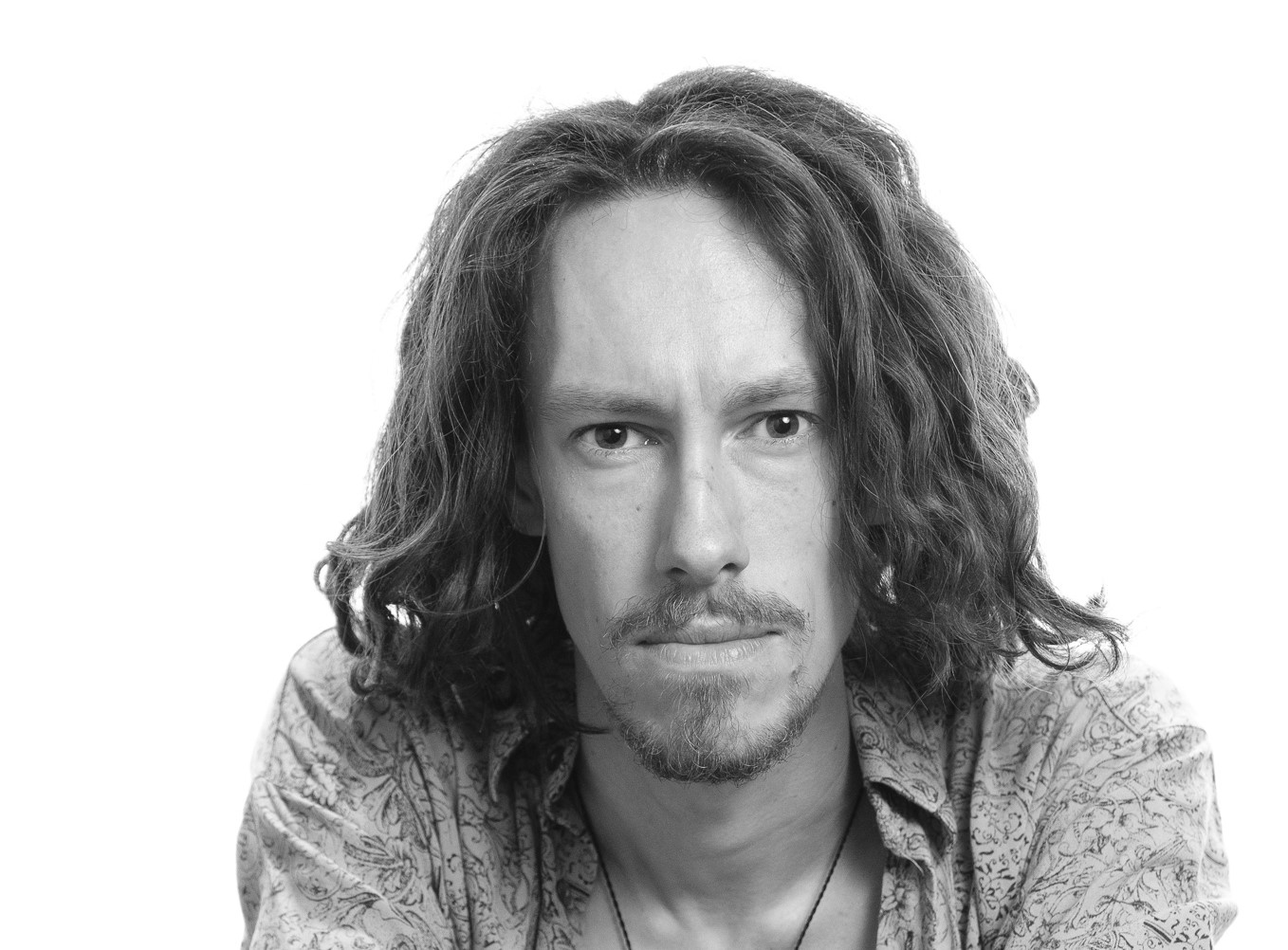I watched David Attenborough’s new, auto-biographic, documentary A life on our planet and I recognized a very familiar argument. “Based on current projections, there will be 11 billion people on Earth by 2100”.
I think I’ve heard a similar claim – 10 billion people in 2050 – in maybe 50% of the courses I have followed here, and in 100% of the WUR’s self-promotional video’s and articles. It is the go-to phrase for any uninspired farm technologist trying to write an introduction for their paper, now suddenly confronted with the question why they made a robot that almost recognizes bell-peppers after 14 years of research funded by some multinational. It gives a sense of urgency, an excuse, for dramatic technologies like GMOs, massive-scale agriculture, pesticides, and other developments of questionable long- and short-term impact, to say the very least.
The great thing about this argument, for the European scientists among us, is that it very clearly shifts the blame to “those underdeveloped countries” that pop out babies like there is no tomorrow. The question becomes, with Attenborough and the like, a question of how do we stop ‘them’ from reproducing. Attenborough proposes we develop ‘them’ out of their desire to have children. So they can be like us. Developed people don’t have children, stupid.
This argument very clearly shifts the blame to “those underdeveloped countries” that pop out babies like there is no tomorrow
What Attenborough and friends usually conveniently forget to mention is that those ‘developed’ model nations like our own, are extremely CO2 intensive. Oxfam recently released a report that the top 1% of the world population is responsible for more than twice as much CO2 pollution as the bottom 50% combined. Guess who the top 1% are? David omits that we, unlike leopards, wildebeests and manatees, have dramatically different ecological footprints depending on the specimen of our species. Attenborough praises Japan and the Netherlands for their shrinking populations, not a word of praise for Burundi’s impressively low 0.05 tonnes of CO2 per capita.
These kinds of arguments just let us, the global north, get away with pumping more and more CO2 into the atmosphere under the pretext of ‘solving problems in Africa’. Even though, more often than not, we are the problem in Africa, with our climate change being a close second. As for a closing point: the richest 26 individuals of our species own as much wealth as the bottom 3.8 billion. So, as to how we are going to ‘feed the world’ by 2050, I think I know where to start.
Luuk Slegers is masterstudent Internationale Ontwikkeling, richting Sociologie, en woont in Wageningen op Droevendaal met zijn vijf huisgenoten. Hij gaat graag ’s morgens een stuk wandelen in het Bennekomse bos.

 Foto: Guy Ackermans
Foto: Guy Ackermans